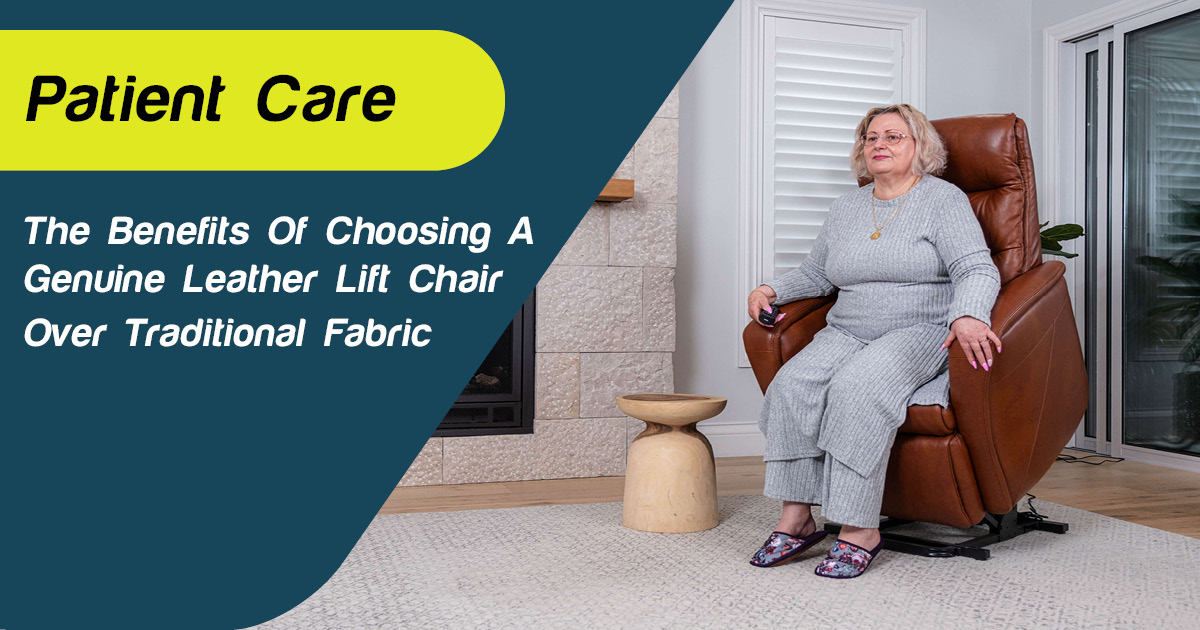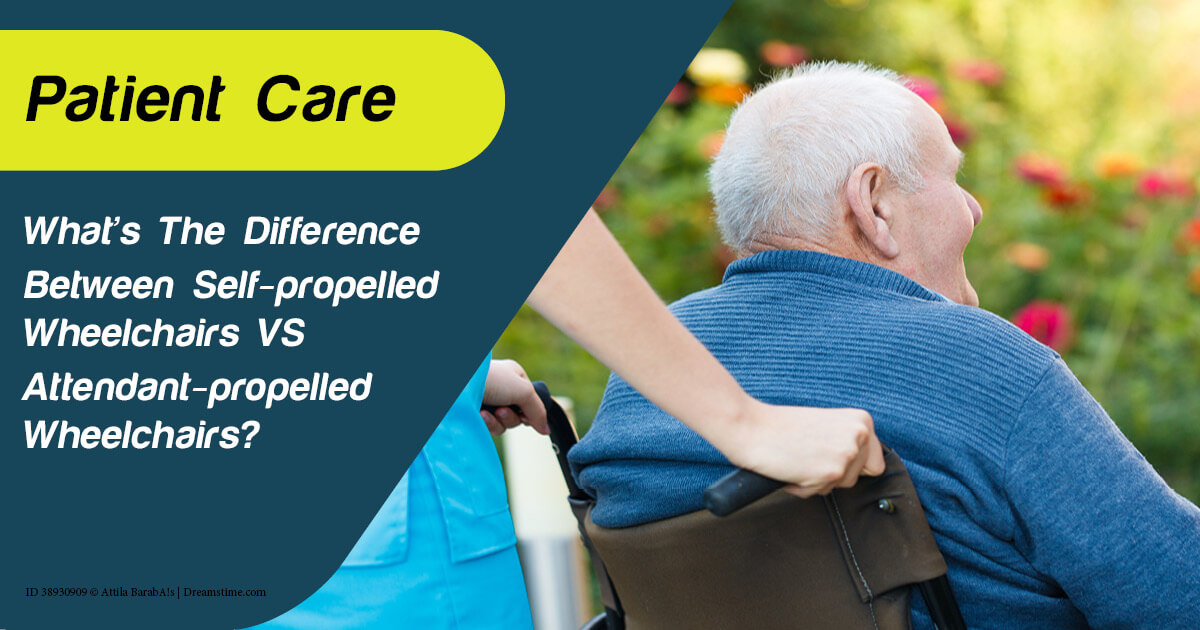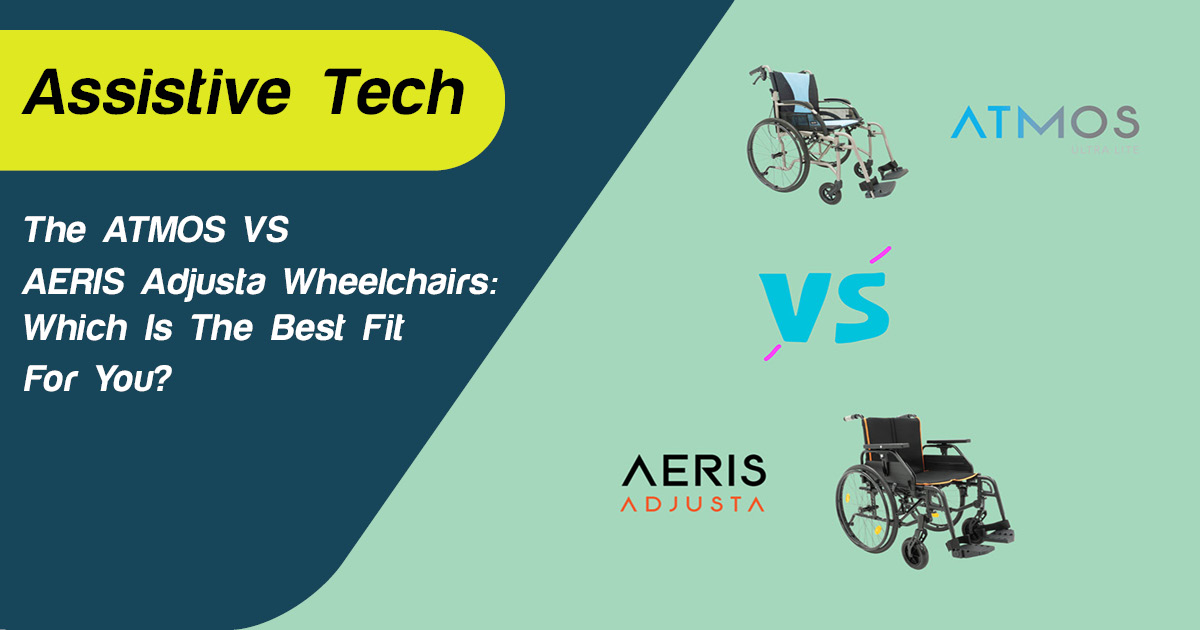
Share
COVID-19 has taught us the importance of cleaning and disinfecting surfaces to help stop the spread of infection. This is even more critical in medical settings (e.g. nursing homes, hospitals) where the risk of COVID-19 infection is even higher — tools, equipment and even commonly touched items like door handles must be disinfected to stop the spread of illness.
Even wheelchairs should be cleaned and disinfected on a daily basis.
By keeping your wheelchair clean, you can reduce the risk of infection for you, your family, your carer and anyone who comes into contact with your chair, and you can also help prolong the life of your chair. In this article, we share some tips for cleaning and disinfecting wheelchairs, whether you’re cleaning your own or cleaning it for a loved one or client.
Daily Cleaning

Deep Cleaning
Keeping a wheelchair looking fresh and clean is simple enough — it’s all a matter of removing food, dirt, dust and debris. However, sometimes it may be necessary to do a deep clean that covers the frame, cushion covers and upholstery, wheels, castors, armrests and brakes.
We’ve put together some tips and cleaning recommendations for each component of your wheelchair below. If you or your carer notices any damage while cleaning, be sure to get in touch with Active Mobility — we offer repair and maintenance services for power wheelchairs, mobility scooters, patient lifting hoists and so much more.
Frame
You might not touch the frame as often as your armrests or push rings but it can certainly get dirty from everyday use. The best way to clean the frame is to vacuum or brush away any loose food, dirt and debris, then use a damp cloth with a gentle detergent to wipe off stubborn marks. Pay close attention to the gaps between the seat cushion, the chair sides and the back of the chair.
Upholstery
The fabrics on your wheelchair tend to collect dust, absorb liquids and retain odours. We recommend washing removable fabrics on a warm wash cycle using a standard detergent — be sure to read and follow the care label for the cushion and/or cushion cover before cleaning. Afterwards, let the fabric dry in the sun. Non-removable covers and fabrics can be vacuumed and wiped down with disinfectant wipes or a damp cloth. Again, let the upholstery dry in the sun.
IIf you accidentally spill something on your upholstery, spot clean the fabric as soon as possible.
Wheels & castors
If you are able, we recommend cleaning your wheels and castor wheels every day (or when they appear dirty). Use a damp cloth with some detergent or disinfectant wipes to clean your wheels. Avoid oil-based cleaning solutions on/near tyres and rims because this can make them slippery.
Wheels and castors are also prone to picking up hair, string and dirt which can drag down the performance of your wheelchair. Remove these materials using a sharp tool or toothpick.
Brakes
Your brakes can pick up a lot of dirt from the wheels. Brakes are an important safety feature, so it’s important to pay special attention to your brakes during a deep clean — remove dirt using warm water and a gentle detergent, and if your brakes are still not working properly, contact Active Mobility for a service. We can help diagnose the problem for you.
Armrests
Armrests are one of the most frequently used components of your wheelchair which is why it’s important to disinfect them as often as you can. Wipe down the armrest padding with a damp cloth and disinfectant — you might even choose to remove the armrest pads for a deep clean around the sides and underneath the pads.
Joysticks
You must be very careful when cleaning the electronic components of an electric wheelchair e.g. the joystick. With this in mind, we recommend using a damp cloth and an alcohol wipe (on the dryer side) to gently clean the joystick. There should not be any water droplets. If you are unsure about cleaning the control panel, refer to the instruction manual that came with your wheelchair.
General Tips & Recommendations

- Cleaning is not disinfecting. “Cleaning” removes germs from the surface and decreases the risk of infection but it doesn’t kill germs. “Disinfecting” kills micro-organisms using chemical products. Interestingly, disinfecting doesn’t necessarily clean a surface — so we recommend “cleaning” your wheelchair on a regular basis and “disinfecting” it using a special surface sanitiser.
- Clean your wheelchair every time you visit a public space. All contact surfaces must be treated with a disinfectant solution e.g. wipes with at least a 70% alcohol solution — leave the sanitiser on the surface for at least 15 minutes and then the surface can be cleaned with a wipe.
- Do not attempt to wipe moveable components like the seat elevator. You might be tempted to clean these moving parts and remove lubricants but these elements are very important to keep your wheelchair moving. If you have squeaks and creaks coming from your wheelchair, contact us to book a service or repair.
- Do not use solvents or harsh abrasives. This includes bleach, synthetic detergents, wax enamels or sprays.
- Rinse all surfaces with clean water and dry thoroughly after disinfection. If your wheelchair has not been properly dried, it can cause damage and/or issues with performance. Be careful not to use an excessive amount of water when cleaning wheelchairs (especially power wheelchairs) as moisture can damage the electronics and mechanical components that require lubrication.
- Focus on areas that are frequently touched by others. Think the push handles on the back of a manual wheelchair and the armrests.
- Clean spills on the seat as soon as they occur. Moisture can become trapped in the seat and cause germs that can affect the patient’s skin. We also recommend checking under the cushion while cleaning to ensure the entire seat — top and bottom — is clear of spills and/or germs.
Contact us to book an appointment in our service and repair centre today
Our Service Department specialises in the repair and maintenance of mobility products including power wheelchairs, mobility scooters, patient lifting products and so much more. We have service and repair centres in both Newcastle and Silverwater as well as in-home services — you can rest assured knowing that your wheelchair will be restored to its former condition.
Contact us on (02) 9649 2111 to book an appointment today!









